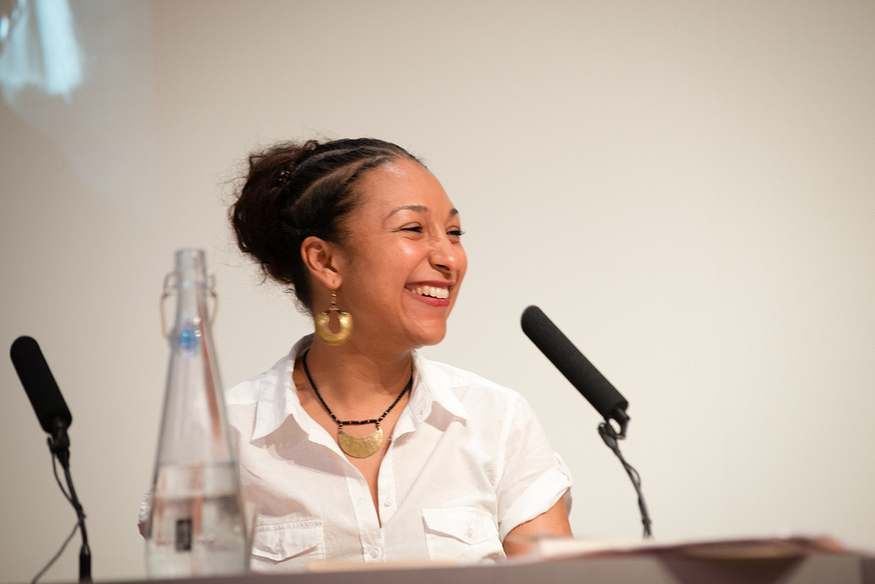
Originally written in 2017
As I write this, the Freemasons Hall in central London is about to host an African fashion week. Earlier in the year, Africa Utopia at the Southbank was brimming with African business, food, music, Africans. In the past 10 years, the V&A, British Library and British Museum have all celebrated Afropolitan culture. Even the Royal Academy had a Mozambican — Goncalo Mabunda — in its hallowed ranks.
It's not always been this way.
When I was growing up in south London in the 1970s and 80s it wasn't cool to be African. My Zulu name was mocked. Our African friends, our food at home, my south African father's music, our wooden sculptures and Afro-print curtains were things I was ashamed of and I invited only the chosen few home.
My Zulu name was mocked. Our African friends, our food at home, my south African father's music, our wooden sculptures and Afro-print curtains were things I was ashamed of
I deeply, longingly wanted to be called Abigail or Martha, to have a car that worked, relatives in this country, and parents who were clearly English. Restrained, bland, quiet and steady. Not colourful, eccentric, emotional, loud and inclusive — with hot pepper in all meals.
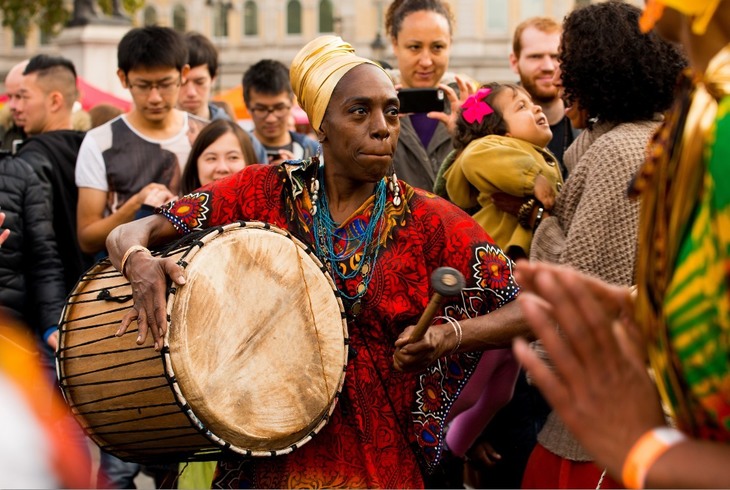
There were no African restaurants, or museum collections that echoed the culture I knew. The books lining our shelves (my academic granny worked translating and teaching French African literature) and the records (Southern African jazz) were not ones I saw in public life. The African shops in Peckham hit the news when it transpired they were selling illegal giant African snails. The Africa Centre was a place I bunked off to school to hang out in. Taxi drivers would regale me with tales of their former lives in Nigeria, DRC or Sierra Leone as judges, doctors or successful business men.
That's how it was. Home was one place. Outside another. It wasn't great being African, so I squashed it down. Even in London.
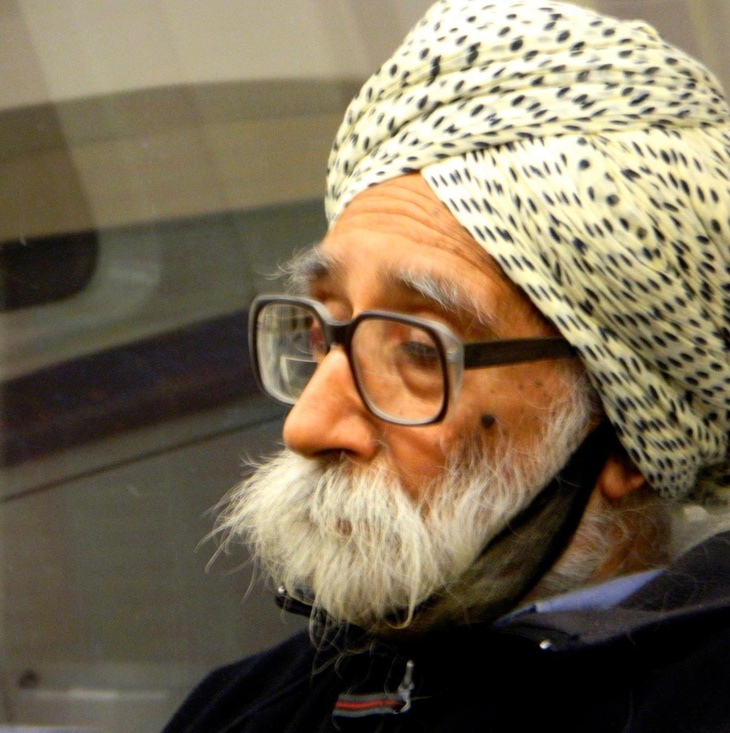
There have always been Africans in London, since the Roman invasions. But on the Old Kent Road in the early 1990s, a Nigerian restaurant opened up; I peered in and quietly and thought "Something is changing…"
And things have come a long way since then; the current census says there are over 1.5 million people of African origin living in London. And a term has emerged for many of them — Afropolitan.
"I'm uncomfortable with the elite element of Afropolitan description" — Fatimah Kelleher
As Fatimah Kelleher — an Irish-Nigerian social development professional and women's rights activist, who came to London from Nigeria when she was eight — says: "There's a global fluidity to the Afropolitans, because they live between several cities, which is different from people who've basically grown up here as first or second generation Africans, from one place.
"I'm uncomfortable with the elite element of Afropolitan description — but I do acknowledge they bring interesting dimensions to pan-Africanism and development, they challenge the silo-living of the current times."

The visibility of Africans slowly increased in the 90s. Fatimah says, "I think Afropolitanism also emerged as a reaction to racism and anti-migrant violence and hatred, we needed something positive. However it's a term I'm deeply ambivalent about."
Other critics, like journalist Emma Dabiri, says Afropolitanism homogenises Africa's 53 countries. "That whole lifestyle of Sex and the City feminism, cocktails, designer clothes, handbags and shoes is not particularly liberating in an Anglo-American context, so why should we transfer such models to Africa and declare it progress?". She's not anti-rich, just concerned that it's nothing special to be able to be commodified, or to consume a great deal: "It's wonderful that you can now have the Hipster Africa Experience, but I fail to see how this represents anything particularly progressive."
Which begs the question: should we be using the term 'Afropolitan' at all?
The term first emerged in 2005's Bye-Bye Babar by Taiye Selasi. A writer of many African, American and European influences, she was trying to find ways to describe her life, her identity, her mobility. She wrote, "Afropolitans are not citizens, but Africans of the world". Afropolitan described the cosmopolitan, multi-continent lives of people brought up in different locations, being mobile and open, using Africa as the spiritual heart. The term caused ructions, because there's no clear definition, but it also because it tried to 'reclaim' the diaspora.
"Afropolitan is a mixed term. It's aspirational, and it's speaking to a highly educated, wealthy elite that has coffee in Oslo, lunch in Milan and parties in LA." — Nathan E Richards
Nathan E Richards, a digital archivist and academic says "Afropolitan is a mixed term. It's aspirational, and it's speaking to a highly educated, wealthy elite that has coffee in Oslo, lunch in Milan and parties in LA. It doesn't really talk to the zero hours illegal migrant cleaning toilets who spent four years in Berlin as a bouncer.
"Afropolitan is basically a term the western, and London, media has appropriated, but it's opened a door to more discussion, and that's good."
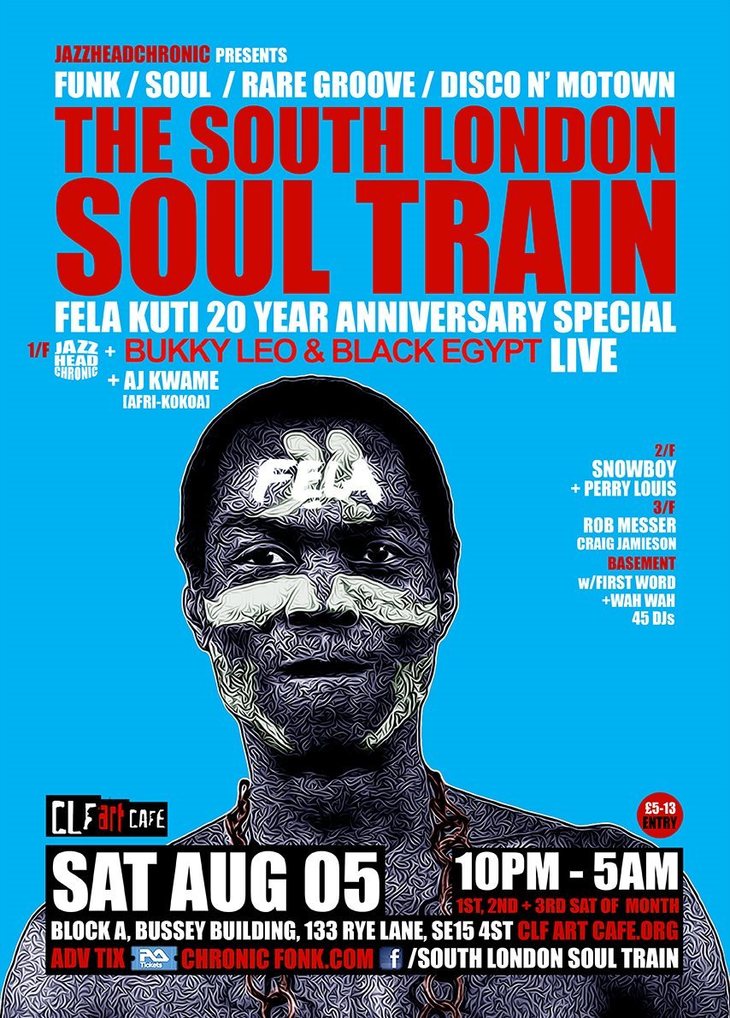
For Ghanaian born marketing and PR person, Makeba Boateng, Afropolitan is a positive term. Growing up in Ghana and now working in London, Durham, Cote D'Ivoire and Ghana, she believes Afropolitan describes her ability to choose her own culture, to have the power to define the terms of business, and not be beholden to a Western lens. She says "Africa is a place bursting with pride, creativity, traditions. I can draw on the motivation, ethics and networks of London, and professionalism of UK, and bring that to work Africa. It's a win-win."
It's now normal to see massive 'fros in London. Hair salons aren't tucked away in weird locations in zone 5
The main proponent of Afropolitanism now is Londoner Minna Salami, who blogs and speaks about how important it is to reclaim the branding of Africa from the Western media who declaim: "Africa is the world's fastest growing continent" and the "hottest frontier" for investments.
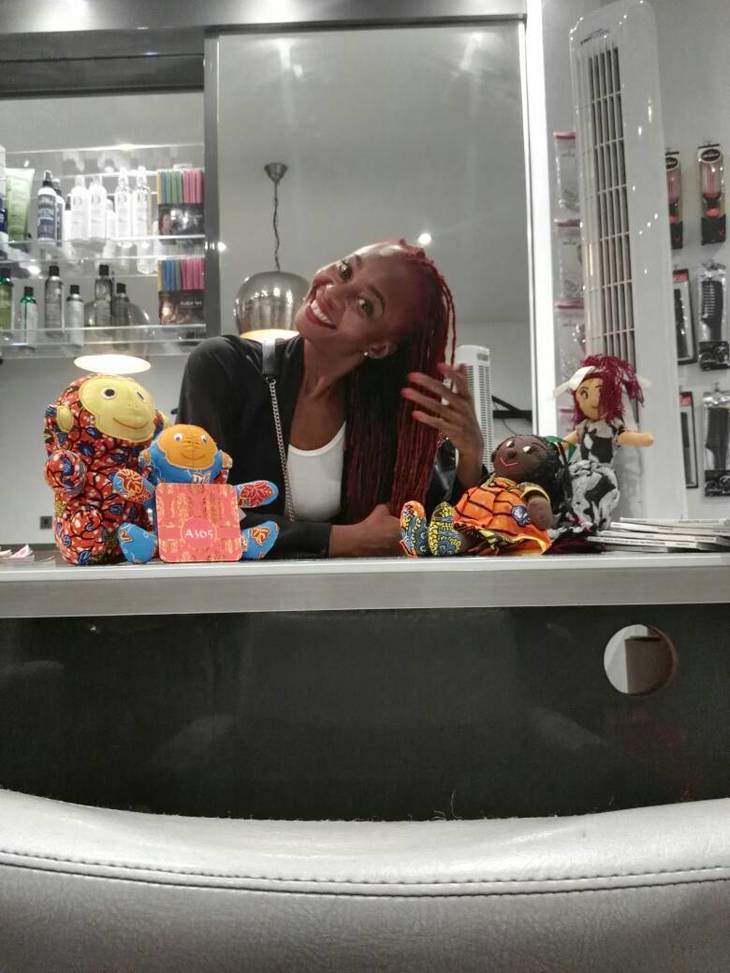
True, it's a relief to see Africa outside of the trope of crisis, and critique globalisation and development, from an African perspective. The Southbank Centre's Africa Utopia was a frankly glorious celebration of all ages, mostly black African crowd, strongly reflecting the number of mixed partnerships or 'blended families' that live in London. There were speakers there who don't get on Radio 4 (but should do) representing an articulate, complex world that swathes of London still knows nothing about.
It's now normal to see massive 'fros in London. Hair salons aren't tucked away in weird locations in zone 5, and whole generations — including white women — feel comfortable about wearing wraps, loud African prints and African jewellery.

Londoners have been generous and bold in embracing an aesthetic which has taken African art beyond elite west London or Bond Street galleries. As I write, The Bussey Building in Peckham — ultimate hipster joint — will host a Fela Kuti event that is sure to draw people united by the brilliance of Fela, whatever their racial or ethnic identity.
African Londoners come in all shapes, sizes, political, social and cultural hues, though we may not call ourselves Afropolitians. And while 'Afropolitan' remains contentious as a word and identity — the fact it is used so widely across London, shows how far this city has come in recent decades, in embracing — and spreading — the positives of being African.



